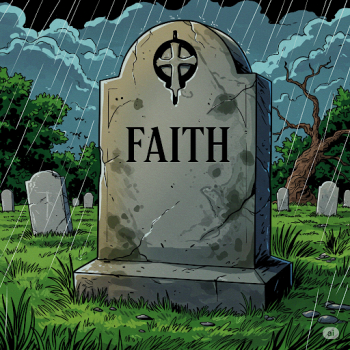
April 22 is Earth Day in the U.S. and in many other parts of the world. I remember learning about it in elementary school, maybe in the third grade. My class drew posters of the earth and then we went outside as a group and started to pick up trash. We even had a little parade—-or something like that. The older I get the more my memories escape me, but from that point on, I would always remember Earth Day and how important it was to take care of the earth and try to “save the earth.” What is Earth Day and should believers acknowledge or celebrate it? Let’s start with some brief facts about the history and purpose of this day, celebrated around the world.
What Is Earth Day?
According to Britannica, Earth Day is an “annual celebration honouring the achievements of the environmental movement and raising awareness of the importance of long-term ecological sustainability.” In 1960, then U. S. Senator Gaylord Nelson, began developing what would become what we know today as Earth Day. Nelson, together with Harvard graduate Denis Hayes, organized the first Earth Day which was observed on April 22, 1970. Approximately 20 million people attended this event in the United States, and Hayes also organized a global Earth day in 1990 which around 200 million people from more than 140 countries participated in.
On Earth Day, many environmental concerns are raised, such as global warming and the need for renewable energy sources. Per National Geographic Society, the day also “honors the achievements of the environmental movement and raises awareness of the need to protect Earth’s natural resources for future generations.” The goal of Earth Day is to educate people about the environment in which they live and to motivate them to take action regarding its issues.
God Created The Earth—And He Loves It.
In the beginning, God created the earth. From the earth itself, he created everything in it, including us (Gen. 1). As we can see throughout the Old Testament, God is concerned about the land. He even gave us the responsibility to care for it. Therefore, our responsibility as believers is not only to care for one another, but also to protect the world that he fashioned and placed us in. God loved the world in such a way (Jn. 3:16) that he sent his unique Son, Jesus Christ, to die for the sin of the entire world (Jn. 1:29-32;1 Jn. 2:2). He doesn’t just love us, he loves all of his creation, including the earth that we were taken from.
The End Of The Earth
Even with our best efforts, both Scripture and Science agree that the world as we know it will one day come to an end. The fact is that we cannot save this planet. It is indeed passing away and everything in it (1 Jn. 2:17), regardless of whether we expect the sun to die and engulf the earth in about 5 billion years or whether we believe that Jesus will return and judge the inhabitants of this planet, and put an end to it. But, the good news is, there will be a new creation —a new earth for those who trust in the God of Abraham as the one true God and his chosen one, Jesus Christ. The Lord is full of mercy and grace. Scripture teaches that He will make all things new including us and the earth, and faith is the only way we can participate.
Conclusion
It’s inevitable that the Earth as we know it will one day cease to exist. One day, God will restore his creation to its original design. In spite of this, he still currently loves all of his creation, and so should we. So, in the meantime, we should continue to strive to make our world a better place for ourselves, our families, and for future generations because there’s still a lot more work to do here. No, we’re not done yet.














